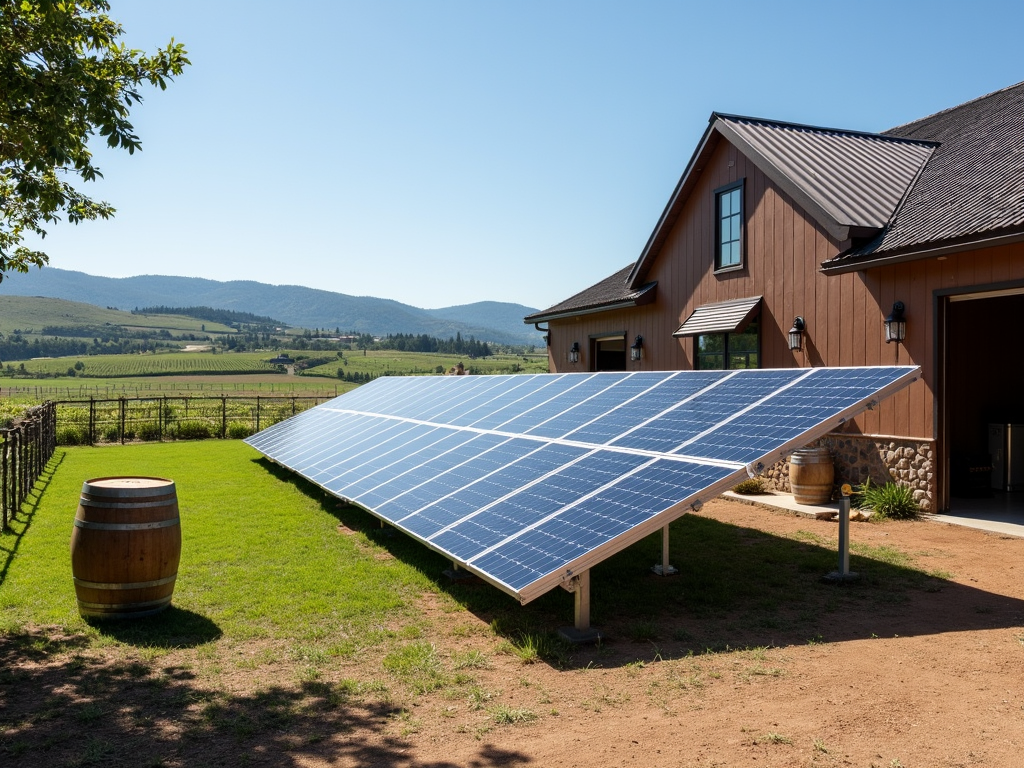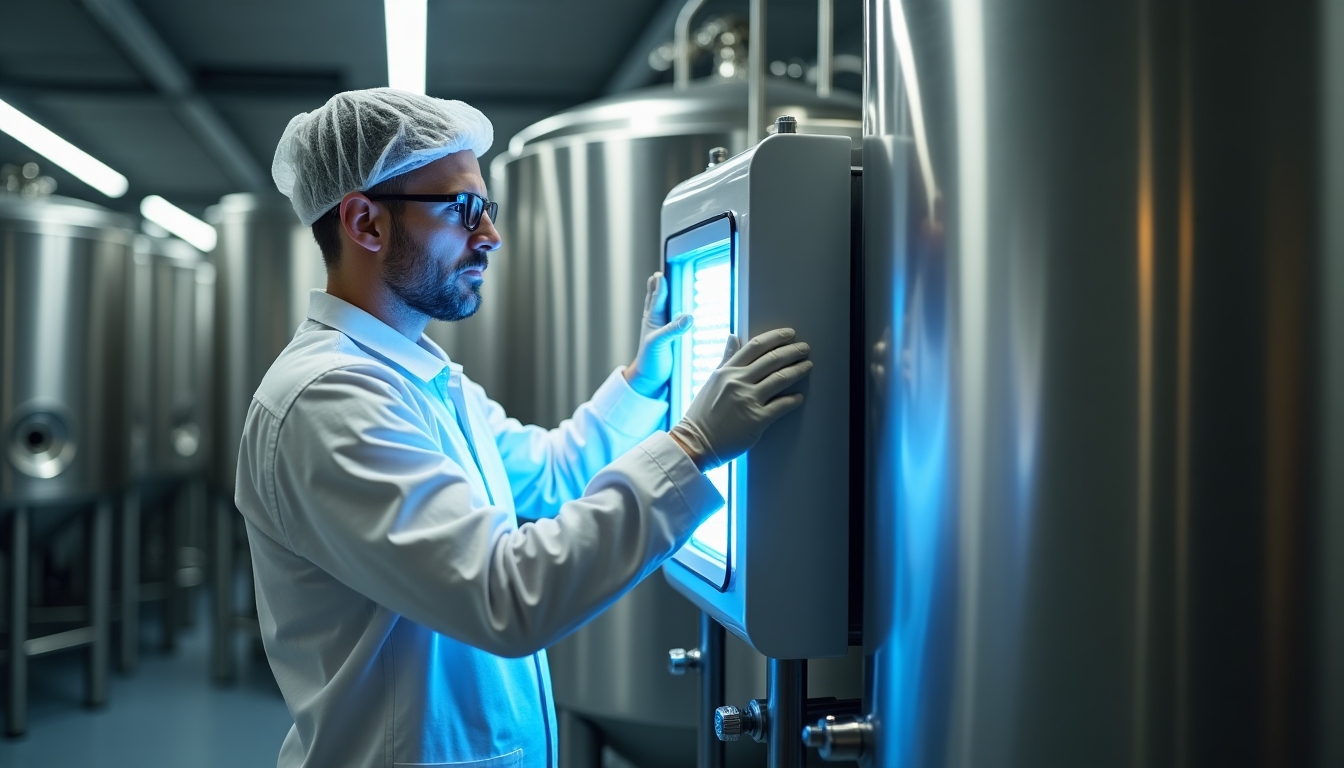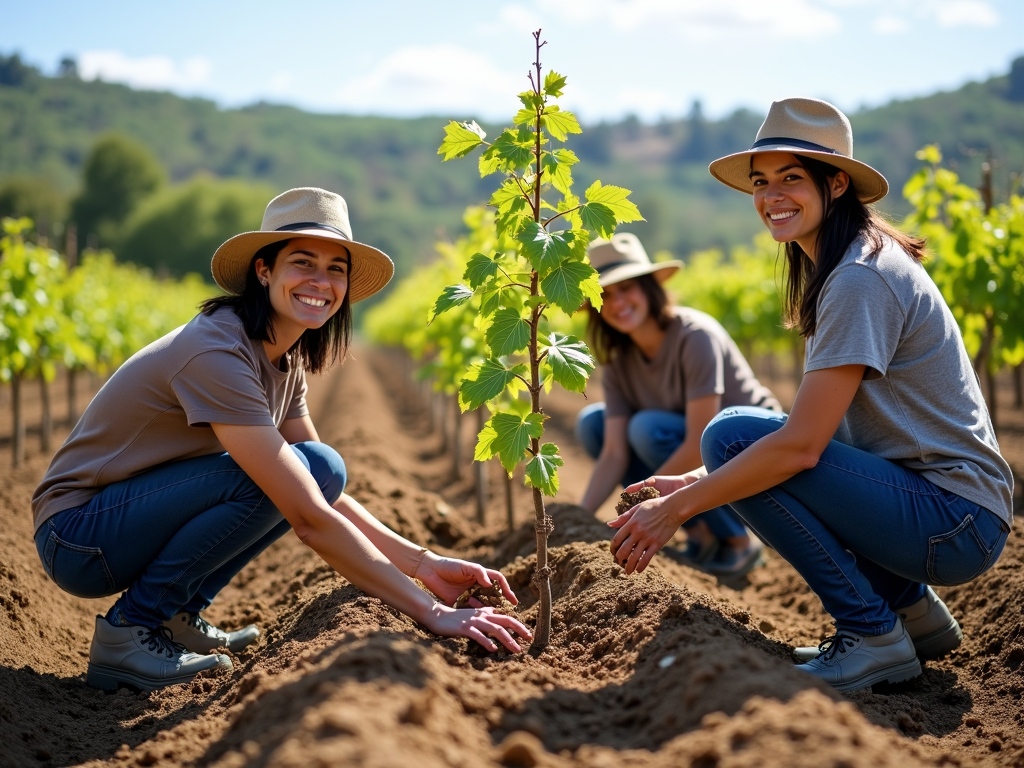How Jackson Family Wines Leads the Way in Sustainable Winemaking
Overview
Jackson Family Wines is a leader in sustainable winemaking. For decades, they’ve worked to protect the environment and support their communities. Their innovative practices and big goals are changing how wine is made, proving that great wine and a healthy planet can go hand in hand.
A Family Built on Caring for the Land
Jess Jackson started Jackson Family Wines in 1982 with a simple idea: if you care for the land, it will care for you. I’ve always admired how this family turned that belief into action. Now led by Barbara Banke and her kids, like Katie Jackson, they’re not just making wine—they’re shaping a better future. Their sustainable practices at Jackson Family Wines show how a business can thrive while doing good.

Rooted for Good: A Plan for Tomorrow
In 2021, Jackson Family Wines kicked off their 'Rooted for Good: Roadmap to 2030' plan. It’s their promise to tackle climate change and boost sustainability. Here’s what they’re aiming for:
- Cut carbon emissions in half by 2030 and remove more carbon than they produce by 2050.
- Switch all their vineyards to regenerative farming by 2030.
- Save water with smart tools and protect local rivers.
- Build a workplace where everyone feels included.
I love how they’re not just talking about change—they’re setting clear targets.
Powering Up with the Sun
One thing that stands out is their push for renewable energy. Jackson Family Wines has the biggest solar farm in the wine world, with over 23,000 panels. These power about 30% of their operations. They’ve even got Tesla batteries to store that energy. Their goal? By 2025, half their winemaking will run on solar power they make themselves. It’s inspiring to see a company this big go green in such a practical way.

Farming That Heals the Earth
Regenerative farming is a game-changer, and Jackson Family Wines is all in. This isn’t just about growing grapes—it’s about making the soil healthier and capturing carbon. They:
- Plant cover crops like clover to keep soil rich and bugs happy.
- Turn leftover grape skins into compost for the fields.
- Disturb the soil less to lock in carbon.
I’ve seen vineyards before, but knowing these practices also make tastier grapes? That’s a win-win.
Saving Water, Step by Step
Living in California, I know water matters. Jackson Family Wines gets that too. They’ve cut water use by 31% since 2008—millions of gallons saved! How?
- They clean tanks with UV light, using 90% less water than old methods.
- Sensors tell them exactly when to water the vines.
- They team up locally to protect rivers and fish.
It’s smart, simple stuff that makes a huge difference.

People Matter Too
Sustainability isn’t just about the planet—it’s about people. Jackson Family Wines puts effort into their team and communities. They:
- Offer training so workers can grow their skills.
- Give time and resources to local groups.
- Focus on diversity with a special team to make sure everyone feels welcome.
I think it’s cool how they’re building a company where people come first.
Teaming Up for Bigger Impact
Jackson Family Wines doesn’t go it alone. They helped start the International Wineries for Climate Action (IWCA), a group fighting climate change together with wineries worldwide. Their vineyards are also certified sustainable by Certified California Sustainable Winegrowing (CCSW). These stamps of approval show they’re serious—and they’re pushing others to step up too.

What’s Next for Wine Brands Like These?
Jackson Family Wines isn’t stopping. Their 'Rooted for Good' plan keeps them moving forward, and they’re open about what’s working (and what’s not). Katie Jackson once said they’re proud of their progress but know there’s more to do. That honesty makes me root for them. They’re showing other wine brands how to make great wine without harming the earth.
Summary
Jackson Family Wines is leading the charge in sustainable winemaking. With regenerative farming, solar power, water-saving tricks, and a focus on people, they’re setting a high bar. Their 'Rooted for Good' plan aims to cut carbon, heal the land, and include everyone by 2030. They’re proof you can make amazing wine and still care for the planet.